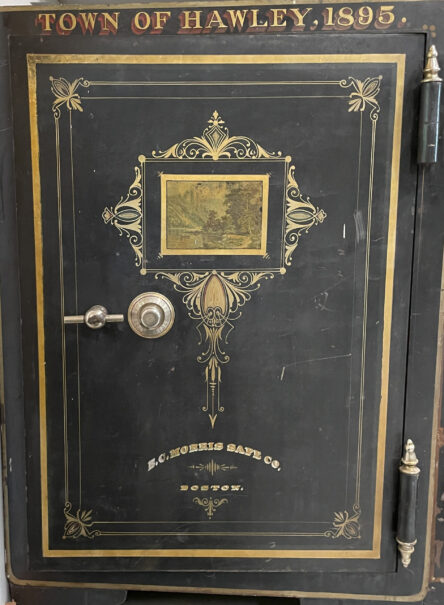The Finance Committee is the fiscal watchdog for a town. Because it is difficult for all taxpayers to be completely informed about every aspect of a town’s finances, finance committees were established so a representative group of taxpayers could conduct a thorough review of municipal finance questions on behalf of all citizens. The role of the finance committee is described in the Massachusetts Finance Committee Handbook published by the Association of Town Finance Committees. A new edition is published every few years, with annual supplements published in the intervening years. It is an excellent resource on the role of the finance committee.
The primary duties of a finance committee are to advise and make recommendations to town meeting on the budget and other areas of finance. It has statutory authority to make transfers from the town’s reserve fund (a contingency fund usually created as part of the annual budget appropriations) to departmental budgets for extraordinary or unforeseen occurrences. It may approve with the selectmen some budget transfers during the last two months of the fiscal year and the first 15 days of the next year in order to close out the town’s financial records.
In addition to its research and advisory role at town meeting, the committee can play a vital role in the financial planning of the town. In some communities, the finance committee develops long-range revenue and expenditure forecasts, which are very useful in scheduling large capital acquisitions and identifying major changes in the operating budget of the town.
To improve its ability to manage the financial affairs of the town, the Finance Committee has adopted a set of Financial Guidelines for the town.
The members of the finance committee are Lloyd Crawford (chair), Ken Bertsch, Jane Grant, Tammy Schofield, and Brittany Wolcott. To contact them, email info@townofhawley.com.

